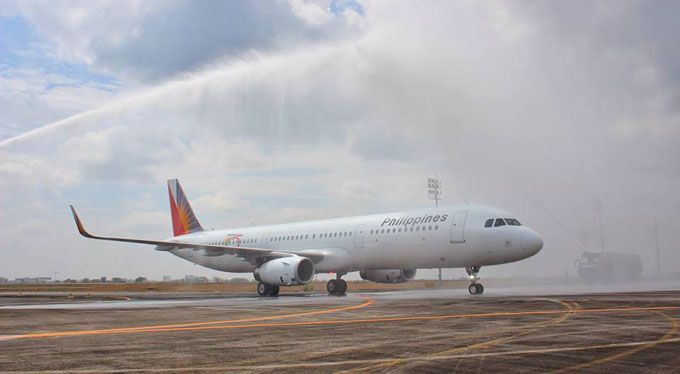HRS, the leading global corporate travel and payment technology platform, and GBTA, the world’s largest business travel association, announced the results of a comprehensive survey of travel and procurement leaders from Europe and North America.
The results from the June survey illuminate the fact that changes in workforce realities meshed with a faster-than-expected return to travel are transforming managed business travel.
According to the research, 54 percent of those surveyed say business travel has rebounded faster than expected, while 77 percent report they are spending more time troubleshooting traveler issues.
Remote Workers, Downsized Urban Office Footprints Reshaping the Workplace Reality
Survey respondents, with 74 percent from the U.S. and Canada, provided insightful metrics behind trends many in Human Resources and Managed Travel departments find themselves currently navigating. Noteworthy highlights:
- Two-thirds (67 percent) believe that once all their offices are open, hybrid work scenarios will dominate. Only nine percent anticipate that all their colleagues will return to the office full time.
- Two in five respondents (40 percent) report that their companies have reduced their office space.
- Nearly two in five respondents (39 percent) say their company is hiring more remote workers than they did prior to the pandemic.
- Almost four of five travel managers responding (79 percent) say remote working policies boost employee morale, while 72 percent believe these policies help with talent recruitment.
These trends have given rise to a new topic in many procurement departments: the sourcing of co-working spaces for staff to meet. Results from the survey showcase multiple challenges for corporations as they seek to manage the costs of all workspaces in a consolidated manner. Most telling:
- Only 17 percent say the procurement and management of co-working spaces is fully-managed.
- A stunning 44 percent “don’t know” how their company procures co-working spaces.
- More than seven in ten (71 percent) say they would gain from having the consolidated data from hotel, meeting and co-working bookings, with 67 percent noting it would be easier for employees to use validated corporate payment tools via a singular booking source.
- Nearly three-quarters (74 percent) say it would be easier for employees to book both hotels and co-working spaces at the same time in the same shopping/booking technology.
“The intersection of employee workplace trends and travel management is quite frenetic these days. These realities spur opportunities for forward-thinking finance, human resource, procurement and travel leaders,” said Tobias Ragge, HRS CEO.
“Technologies addressing these trends are being launched and refined, with friction-reducing automation improving the everyday experience for employees. How quickly are you examining which solution best works for your workforce while also maximizing your operational budgets? This is the issue we see more frequently in our corporate engagements this year.”
Travel’s Accelerating Comeback and the Evolving Composition of Travel Departments
Results of the survey tied to the pace of business travel’s return are aligned with the travel challenges experienced in recent months. They also point to the growing need for data expertise within corporate travel and procurement departments, as they increasingly look to data analysis to steer travel management policy and investments.
- More than half (54 percent) say the acceleration of business travel’s return has occurred “more quickly” or “much more quickly” than they expected at the beginning of the year.
- The allocation of time and tasks in travel departments is noteworthy. Nearly four in five (77%) say that they spend “more time” or “much more time” troubleshooting traveler issues. More than half (52 percent) reporting taking “more time” or “much more time” analyzing data.
- When asked what skill set they would seek if they could add a new team member, the convergence between customer service and data expertise is evident. Four in ten (40 percent) said customer service skills are in demand, while 35 percent seek data management expertise.
“Companies are leaning on automation to drive more efficiencies during this period of pandemic recovery,” said Mr. Ragge.
“Having a dedicated data analyst or outsourced option makes more sense than ever, both to drive future strategy and free up resources to address customer service issues.”
“It’s great to see that business travel is coming back. The vast majority of suppliers and travel management companies continue reporting booking increases each month. But as outlined by the survey, the evolution we’ve seen since the pandemic is driving tremendous change across the business travel ecosystem,” said Suzanne Neufang, CEO, GBTA.
“Travel management teams now have a broader range of issues to address beyond negotiating supplier deals. The C-suite is more likely to promote the digitizing of more processes, implementation of sustainability initiatives, and steps to enhance satisfaction and security. Leaders are adjusting and taking steps to manage programs accordingly.”















